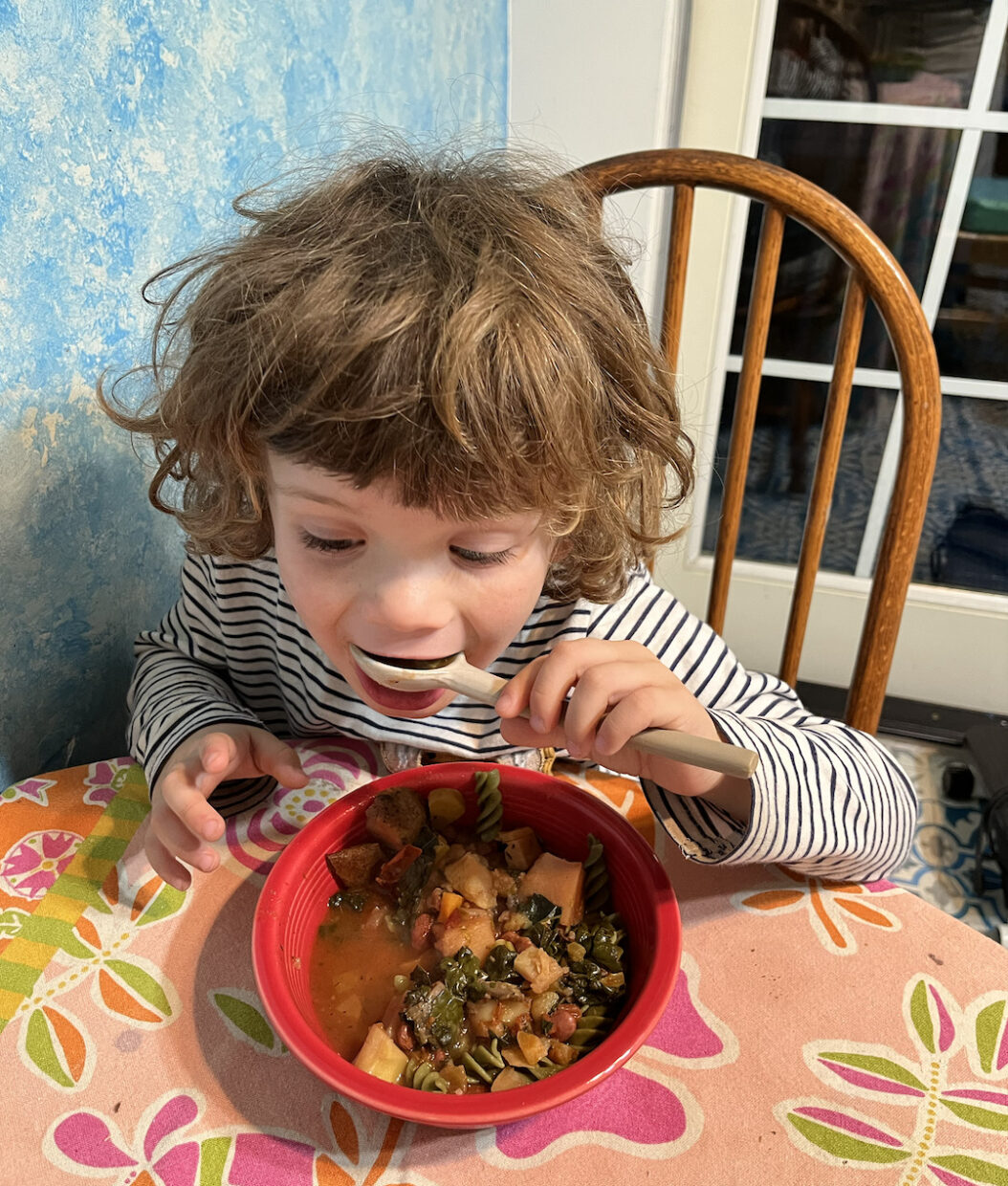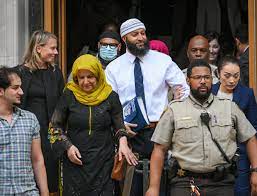A short while ago, I chaired a panel to celebrate Paul Kaplan and Daniel LaChance’s new book Crimesploitation, which examines the lowbrow and middlebrow shows that shed glamorous and lurid light on crime: Cops, To Catch a Predator, etc. As I wrote in my review of the book, this read coincided with the week in which Adnan Syed, whose case was the subject of the first season of the podcast Serial, was set free by a Baltimore court after serving 23 years of incarceration. Here is a timeline of Syed’s case, which clearly indicates that the push to exonerate him came from the investigation in the podcast. Following in Serial’s footsteps was Undisclosed, a more pro-defense oriented podcast, which highlighted more discoveries.
In the book, Kaplan and LaChance examine a TV show that came out more or less when Serial emerged on the scene: Making a Murderer, which followed the murder case against Steven Avery and Brendan Dassey. It’s hard to argue against anything that creates a push for justice, and the authors don’t do that, but they do voice a critique against these wrongful conviction media products: by singling out specific cases of injustice, Kaplan and LaChance argue, they “fail[] to achieve the goal of critiquing the substance and structure of the criminal justice system and the bigger picture of hegemonic power relations in the United States that supports it” (94). In other words, “the protection of factually innocent people from the devastation of incarceration. . . becomes the most pressing criminal justice policy imperative, leaving untouched the question of why such a devastating punishment is so easily and readily meted out.”
Kaplan and LaChance’s critique is well taken. The concern is that the focus on innocence will gloss over the fact that guilty people, as well as the innocent ones, don’t deserve neglect, sadism, cruelty, incompetence, and other cruel and, sadly, not unusual aspects of incarceration. I saw some of this play out in the conversation about vaccines, when jail vaccine advocates referred to the presumption of innocence to make a bid for vaccines that everyone, guilty and innocent alike, should have received immediately simply by virtue of being human and in a congregate setting with little control over their surroundings (and said so here.) But wrongful convictions are their own genre of awfulness, and while we need to support everyone who is incarcerated, I don’t think that infighting between innocence projects and prison advocacy projects helps the overall goal of making the world a better place.
Moreover, I think I am more optimistic than Kaplan and LaChance about these shows. For every person who might watch them and think, “wow, this is a unique instance of miscarriage of justice” there must be several who walk away from it thinking “if this atrocity happened in a case that was highlighted by a podcast, imagine how many more people are languishing in prison for crimes they did not commit who haven’t been featured in podcasts yet.” I said as much in my commentary on the podcast and on the radio.
Happily, the high-profile success of the vanguard shows of this genre led to a whole slew of podcasts seeking justice for the wrongfully convicted. Just recently, the podcast Proof led to the exoneration of two men in Georgia. At the same time, a seemingly contradictory trend is visible: podcasts that reopen cold cases and present theories of the case can help revive interest in unsolved murders and sometimes put terrifyingly violent people behind bars, as well as highlight atrocious behavior that might or might not be criminally defined in an effort to get justice for the victims. I say “seemingly” because, in both cases, the underlying assumption seems to be: podcasters can grease and speed up the wheels of justice faster and better than, say, Innocence Project lawyers.
Why is that? Consider what might be the first example of this genre: Paradise Lost and Paradise Lost 2, the documentaries about the murders of three children in West Memphis, Arkansas, and the convictions of Damien Echols, Jesse Miskelley and Jason Baldwin. The documentaries evoked enormous interest in the cases, and with the weight of celebrities and advocates, within a few years, everyone who knew something about these cases became convinced that the three were wrongly convicted. This newly fueled interest led to some movement in the case, ending in a new trial for Echols and, eventually, in an Alford plea for all defendants that set them free. Shortly after the plea, understanding the power of media, Echols and his wife Lorri Davis produced a documentary of their own in 2012, which featured better forensics and more novel analyses of the evidence.
What happened with the West Memphis Three case is instructive. The media can bring to the public voices form the scene. Unbound by technicalities and rules of evidence and of legal ethics, they can reinterview witnesses, examine forensic evidence with improved technologies, and have candid conversations with legal actors (some of whom might be retired at that point.) They can tell a story in emotionally artful ways that can persuade the public that an injustice has been done. I’m beginning to think that the Innocence Project might want to invest a considerable part of its budget in podcasting.
One argument against the use of podcasts in this way might be that they draw arbitrary, sporadic attention to certain cases at the expense of others. That is surely a problem. But isn’t sporadic, arbitrary attention that corrects injustice better than no attention at all?
The other challenge might be that the proliferation of these podcasts, with every fresh journalist or journalism aspirant hoping to be the one to stand on the courtroom stairs and celebrate, their impact will become marginally smaller, to the point that we will stop paying attention. I don’t think we’re at that inflection point yet. Moreover, the exoneration technologies (primarily the improvement and lower costs of DNA testing) are exposing more and more of these cases (there are also stark racial patterns) and I think we still need all the podcasts we can get.


